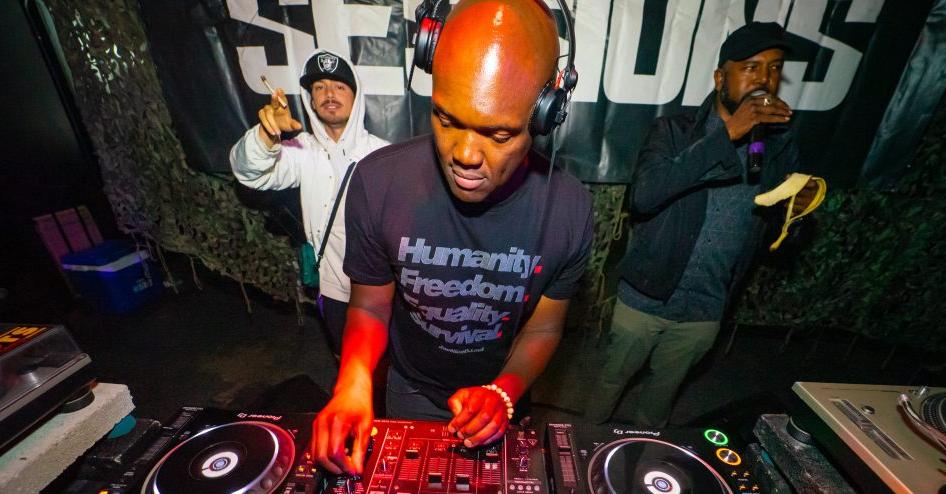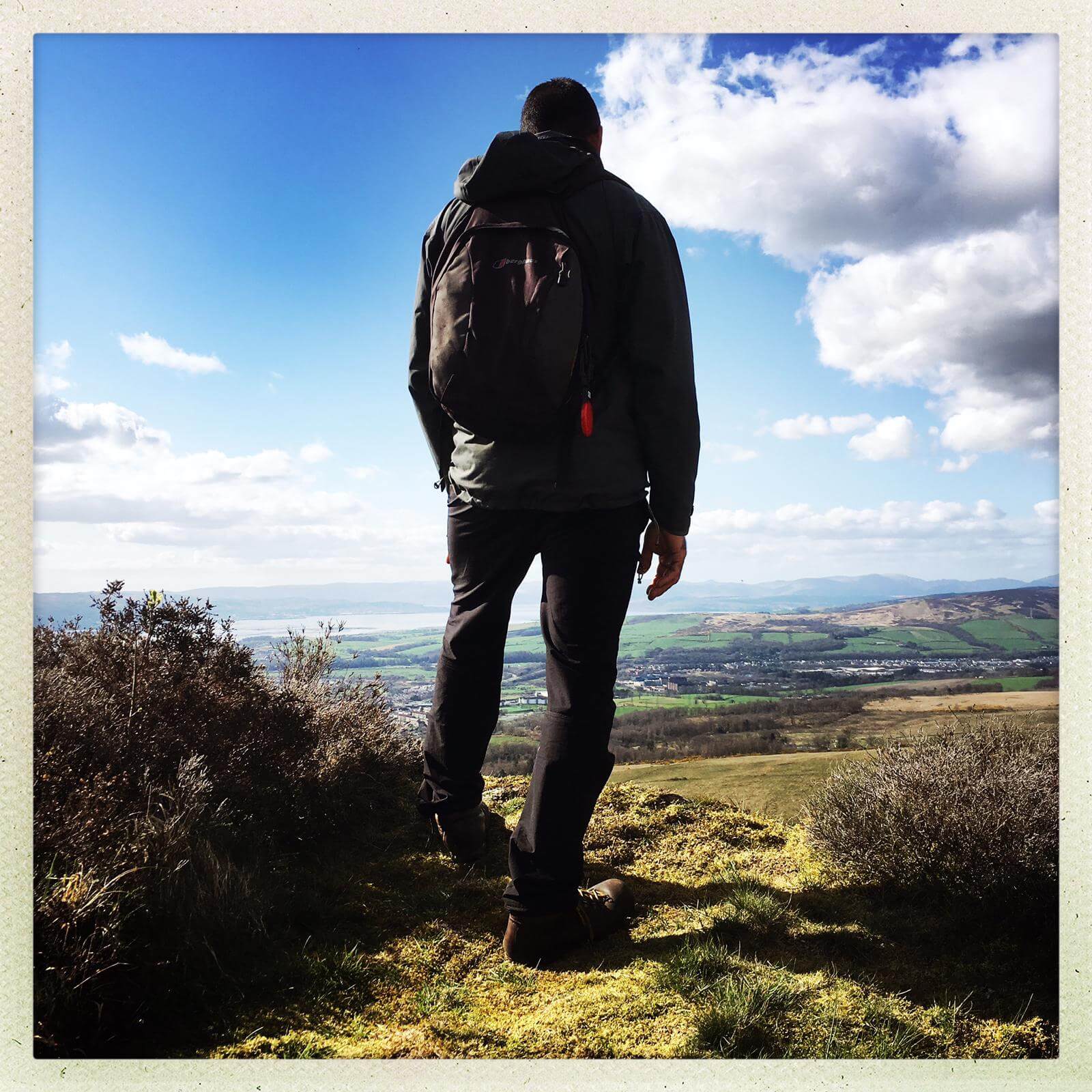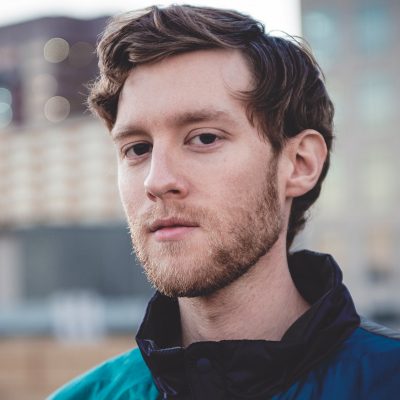Dubstep pioneer Joe Nice discusses Dubstep origins in North America, new music, representation & more in this exclusive hihf interview

This week, Baltimore is in for a real treat. The folks over at Headnod Entertainment are throwing one of their most impressive shows to date at the 8X10, featuring some legendary names that you don’t normally see paired up together. Names like American Grime, Rational Soul, and local talents Crude Sound and Basse will be laying down some infectious bass lines, setting the tone for headliners Commodo and Joe Nice.
It’s a very special occasion, indeed. This will be Commodo’s first time back in the DMV in nearly eight years. He is an act that brings rarity and unfathomable wizardry to the live stage with his low-frequency excellency. Playing before him, however, is one of the most important figures in dubstep. Born in Great Britain but raised in Baltimore, Joe Nice is without a doubt one of the biggest catalysts for the dubstep scene in North America.
Joe Nice began playing dubstep at the beginning of the millennium before the genre even had a name. He started one of the first dubstep radio shows of its kind (Gourmet Beats, which is now his label that he founded in 2015) and co-founded the first official dubstep night in North America (Dub War NYC), introducing a wide-eyed audience to a new and exciting form of music that had never been heard in the states before.
Ahead of his return to Charm City, we were fortunate enough to spend some time with Joe to discuss a wide range of topics, including the early days of dubstep in North America, the influence Baltimore Club Music had on him and his DJing, the importance of representation in the US festival scene, new music on the way, and so much more. This is a very powerful conversation that we hope you take the time to read.


